Earlier this year, we celebrated the March 2026 FMCA Community Impact Scholarship recipients. These individuals are committed to transforming the health of their communities through functional medicine health coaching. Thanks to the partnership between the Functional Medicine Coaching Academy, the Institute for Functional Medicine, and generous support from VoLo Foundation, these scholarships provide full tuition for our Health Coach Certification Program.
Today, we’re proud to introduce Sonja, a neurodevelopmental specialist and educator from rural South Africa who has dedicated her career to helping children and adults overcome learning, behavioral, and functional challenges. Through movement-based neurodevelopmental work, breath retraining, and teacher education, she has seen how aligning core physiological systems can transform a person’s ability to learn, self-regulate, and thrive. Living in a rural region with limited healthcare access, high rates of unemployment, and significant mental health challenges, she’s also witnessed how a lack of reliable health information affects families across generations.
“In South Africa, access to healthcare and information is so limited. If I can bring even simple tools and coaching to people here, it can change lives.”
Sonja Brink, FMCA Community Impact Scholarship Recipient
Functional medicine health coaching felt like the missing piece. With her FMCA training, Sonja hopes to help her community understand the connection between movement, nutrition, chronic disease, and emotional wellbeing, and to offer simple, accessible tools that support everyday health. She envisions schools becoming hubs of education where teachers, parents, and youth can learn about sleep, diet, hormones, and mental health, creating a ripple effect of resilience and empowerment. Sonja believes that when people understand how their bodies and minds work together, they gain the capacity to change their future, one family and one classroom at a time.
Watch the Interview
Watch Sonja’s Student Spotlight interview with Dr. Sandi here.
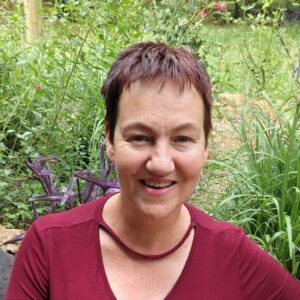
Meet Sonja
Sonja Brink
Sonja works with children and adults with learning, behavior and postural movement challenges. She focuses on an integrated approach to human functioning and educates individuals and families about the importance of movement to improve functioning. The reasons that bring her to FMHC are the limited access to health care for people in rural areas of South Africa, and the high suicide rate for youth in the country. Her extensive experience (20+ years) as community development practitioner has shown her the positive impact which access to information and skills training has on empowering people in resource poor communities to improve their lives.
Connect
Join Sonja in March 2026, and become a Functional Medicine Certified Health Coach.
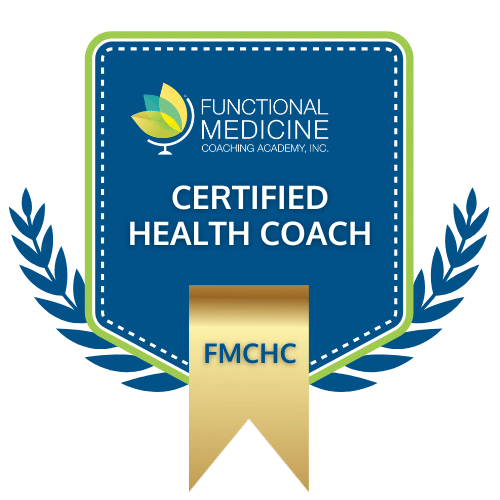
Transcript
Dr Sandi: Well, first of all, I just want to congratulate you on being one of our recipients this year, and this…
Sonja: Thank you so much. I’m really, really grateful for the opportunity. Thank you so much, Sandra. And I’m so excited.
Dr Sandi: Oh, this is wonderful to hear. And I just wanted to take this time to get to know you and just ask you about just how you came to FMCA and what you hope to do when you are graduating as a functional medicine certified health coach.
Sonja: So, first of all, I live in South Africa, and I work with children and adults who have learning and behavior difficulties. So, in that part of my work, I take a neurodevelopmental approach, and I look at those aspects within the neurodevelopment of the person which might or might not be working for them, and then how to enhance those systems. And so, that’s usually mostly a movement modality. So, I use movement to enhance the basic neurodevelopmental systems. I’m talking about systems like the vestibula and proprioception and kinesthesia tactility that might, if one of those systems, if you think of them as building blocks, if one of them are a little bit misaligned, it’s not so much that something’s wrong, but that something’s not properly aligned. And then we can align those systems mostly through movement.
So, I do that. And then the other part of my work is that I do teacher training in neurodevelopment. So, I train teachers on aspects of neurodevelopment because there’s such a lack of knowledge on really why children struggle to learn and why they find school so difficult. And then once teachers get to know how the physiology of the human system sort of fits together and how, once again, it’s not that there’s something wrong, but something might just not have developed completely and that’s just not quite aligned. So then the penny drops, and then the teacher is much better able to address the issues of learning. And that’s for children and adults. And then I also do movement rehabilitation and breath retraining, and I do movement classes, and I do work with a fascial system. And through that work, I help individuals who might have lost a part of their functionality through an injury or through trauma or just through aging, as we do, to just regain and to remobilize parts of their body that they might not have thought would ever be mobile again.
And then just the power of breath is just amazing. So, I love that part of my work too. And then I live in a rural area. And yeah, in South Africa, rural areas are really challenged. The people living in rural communities are really challenged by aspects of social, economic, and social aspects, such as in South Africa, especially low income, very low employment rates, very low rates of youth employment, which then, of course, leads to mental health issues and depression.
And then access to health care is poor in rural South Africa. So, not only access to primary health care in the form of clinics, but also just access to information about health care. So, because education levels are very often low in my area, you know, the education levels of people and the, let’s say, qualification level is really very low. And that means that people often, even through something like literacy, a lack of functional literacy, find it very hard to access healthcare and information on healthcare. So, that really impacts people in rural areas in terms of… If you think of just female hormones, which I can speak of through experience, and I’m talking about that through the lifespan, you know, access to information on pregnancy, access to information on how we change over the lifespan.
And then living with chronic disease such as diabetes, for example, or hypertension, those really impact people in a way that might not… It’s almost like a silent killer because the symptoms are so silent. And I believe that better access to information on those chronic diseases. So, it’s not necessarily, you know, also on wound care. So, it is also in terms of acute medical problems, you know, just something like wound care, you scrape yourself on a piece of wire, and then the wound care and the hygiene around that wound, and just keeping it clean. That’s something simple that actually can cause a very… There’s a woman in our community, a young woman, who lost her foot because of a wound that became infected and it wasn’t treated well. So, yeah, that’s the picture of where I live.
Dr Sandi: Yeah. So, thank you…
Sonja: Sorry, Sandra. You go.
Dr Sandi: Yeah, thank you for that. No, no. Thank you for that. And I just have to say that your background and the work you do resonates with me because that was what I was originally trained as back in the, like, late ’60s, early ’70s, working with children with learning disabilities, adults with learning disabilities and helping them to find the pathways to learning that would really be the key for them. And so, went on to teach teachers and also appreciated the impact of breathing and other ways that we can self-regulate. And so, it was great to hear that about your background.
Sonja: Yes. And don’t you feel that once people, even just in terms of self-regulation, once people are better able to regulate, then they have more stamina to work on the other aspects that might be a bit more acute, you know. Once they’ve just… Saving a bit of energy. I always explain it in terms of, you know, fuel usage. You know, if you’re more fuel-efficient, then you just have a little bit more energy to maybe pay attention to, let’s say, the math problem or the reading problem or whatever other problem you might have. So, yeah.
Dr Sandi: Absolutely. When you were going…
Sonja: Yeah. I love how interconnected everything really is, you know, and how changing one thing really has a trickle-down, a positive trickle-down effect on the rest.
Dr Sandi: Yeah. And that’s what you will learn through our curriculum. That’s what functional medicine focuses on, the interconnectedness of our physiological systems and also the mind-body connection and how they’re as one. And I had been preaching that for many, many years and helping people. It sounds like you have been doing similar work. So, how do you hope to use your training? First of all, what led you to FMCA, and how do you hope to use your training?
Sonja: So, at my practice where I work with individuals and families, I sort of picked up that yeah, movement and breathing, they’re really powerful tools in helping people to function better. And, you know, if you think in terms of retained reflexes, you know, and how simple it really is to help to integrate those reflexes and what a difference it makes to the individual if you help to integrate a reflex or just get the vestibule to function a little bit better. But that’s movement. And although that is a big thing, which I think in today’s age, we’re living much more sedentary lives than we did a couple of decades ago. So, yes, movement can have a strong impact on people’s wellbeing, and, of course, so can breathing and so can knowledge about neurodevelopment, and that’s all very good. But I have sensed a lack in sort of providing, like, a fuller service and providing better knowledge and to provide a more rounded offering to my clients in terms of aspects of lifestyle, like, for example nutrition, the interface of mental wellbeing and the hormones, gut health and the inflammatory response, the immune system and then living with chronic disease. And then really simple, simple aspects of life just like, what do you eat every day, or what time do you go to sleep? How much sleep do you get? Where is your electronic device when you sleep? You know. I definitely have a professional gap to fill there for the people at my practice.
But then in terms of my community, I feel that because of the poor access to healthcare and because of the poor access to healthcare information, I was looking for a way to help people, once again, with simple things. How to manage your diabetes through nutrition and lifestyle. And so many people are living with diabetes or with hypertension. So, yes, that was really what called me to functional medicine. And then I’ve just always had a great human physiology and then how the environment impacts us. You know, it’s all very well doing things from the inside out but then without considering aspects of the environment. And then, of course, mental well-being is really very close to me.
In South Africa, I don’t know if you’re aware, but suicide is the second leading cause of death for young people between 15 and 30. And that is really actually heartrending. A lot of young people choose to not continue living. And apart from having experienced that in my own family and with close friends and having seen my children, one of whom is lying here for technical support for mom, but to have seen my children go through losing friends, not because they were too wild on an adventure but because it was no longer an adventure to continue.
And then in the communities that I worked in when I did youth development, it’s a huge factor. The unemployment, the low access to tertiary education leads to a sort of helplessness and a sort of hopelessness. Yeah, that is definitely one of the things that called me to functional medicine coaching, is that if I can just help people to find the link, as you said, Sandra, to find the link between mental wellbeing and physical wellbeing. And we can be popping all those vitamins, and we can be doing all the pushups and the exercises, but we really need to get to the bottom or to the intricate link between those two. Yeah. So…
Dr Sandi: So critical. Yeah.
Sonja: Yeah. And so that…
Dr Sandi: And of course, as a health coach, you can really support people in terms of mental health. That’s a big part of health coaching. We are…
Sonja: And once again, you know, maybe through changing a diet, you know, people’s mental health, that’s one component. Once again, sort of saving a bit of energy, you know, just giving somebody a little bit of a lift. I think in South Africa, knowledge about nutrition is really, really poor. I think around 63% of South Africa live below the poverty line, and 55% live below the breadline, in other words, the food security line. And then, you know, when you think of food, it’s so easy… Starches just do it. You know, you bulk up on starches and then you don’t really have a balanced diet. And information about that, I find really sort of, especially for moms, opens up vistas of new possibilities of how to help their families. Yeah. Yeah.
Dr Sandi: Well, speaking of possibilities, I see so many possibilities for you as you go through Functional Medicine Coaching Academy and become a health coach to really make a huge, huge impact in your community. You already have through your prior work and are doing it now. And this will be another opportunity to make a real difference. So, we could not be more pleased to grant you this scholarship award. And I look forward to getting to know you better as we start the journey. There will be many orientations, you will be getting a lot of information, many before classes even start. There will be some webinars. And so, we are excited about having you on board. This is a lifelong community. When you’ve come to FMCA, it is a lifelong community, not just for when you’re a student, but when you graduate as well.
Sonja: Thank you, Sandra. And I’m really, really looking forward so much. I’m so excited. It feels like I’m 15 and I won a free ride on a pony.
Dr Sandi: Oh, I love that.
Sonja: It’s really amazing. And so, I’m really looking forward. And as to how…you asked how I intended to use my certification, I really believe that, apart from helping individuals and families that I work with, but I really believe, in South Africa, because we have such a dire need of mental health care workers, our teachers often stand in, and I know that because I interface with teachers a lot. And our teachers actually stand in as a sort of auxiliary or stand-in for mental health care and healthcare workers. And I strongly believe that schools can become hubs of information to just help those communities, not only the children in the classrooms, but also their parents and their families. Yeah. So, thank you so much, Sandra. I’m really excited. I’ve seen that I’ve got my program, and I’m really looking forward to it. I’m already watching all the podcasts and things. So, thank you so much for all the resources, and thank you for your time.
Dr Sandi: Oh, well, thank you. And yeah, we’ll see you as it gets closer to the start of class time. So, thank you so much for being on this call today, and again, looking forward to getting to know you, following your journey and how you are going to make a huge difference in the lives of thousands of people in South Africa. So, thank you.
Sonja: Thank you, Sandra. Thanks a lot.
Dr Sandi: Thank you.
Sonja: Be blessed.
Dr Sandi: Bye-bye.
Sonja: Thank you.
Dr Sandi: Bye.
Sonja: Bye-bye.
Our Latest Blogs
-
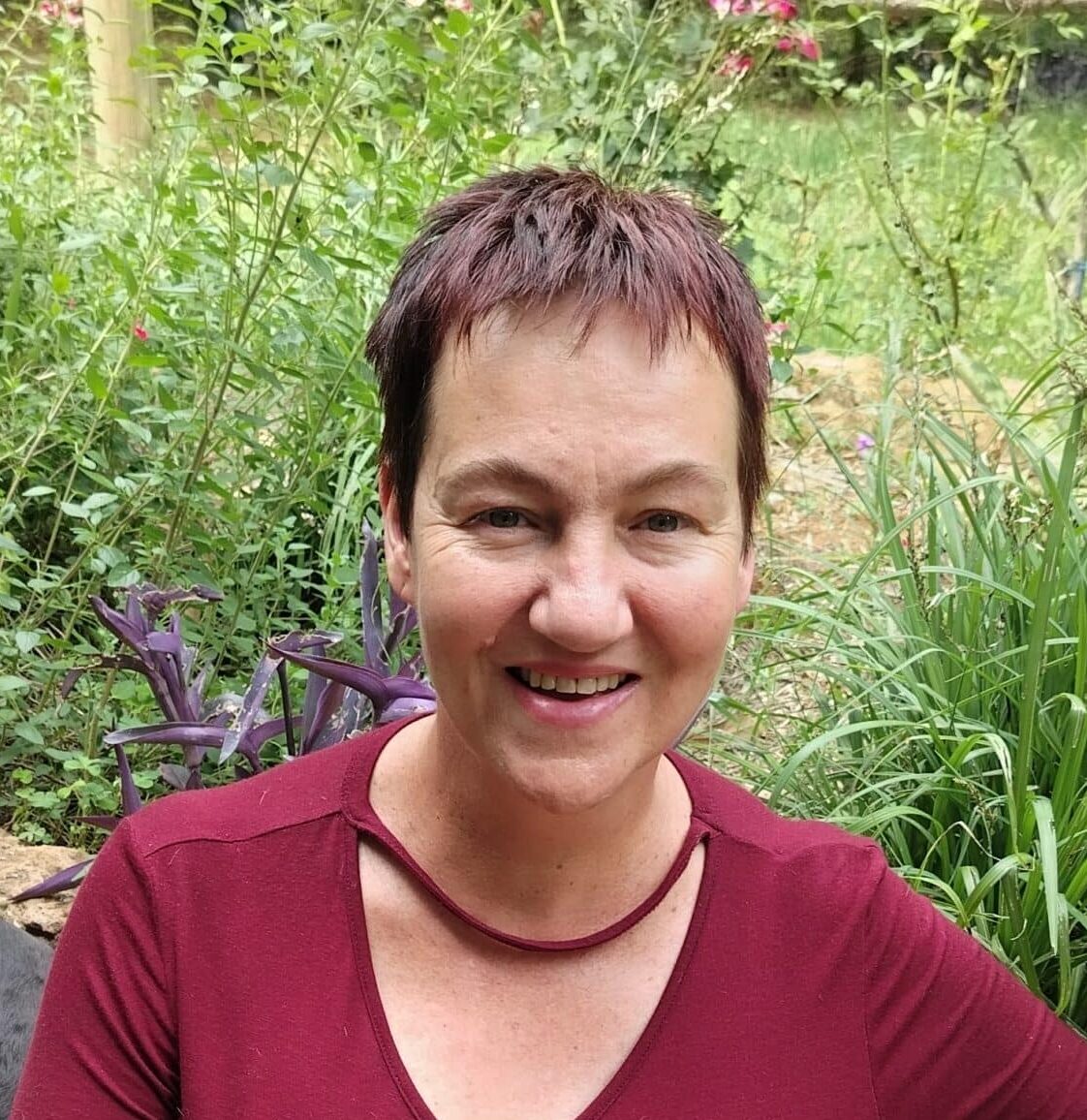
Student Spotlight: Sonja Brink
Read Full Article: Student Spotlight: Sonja Brink -
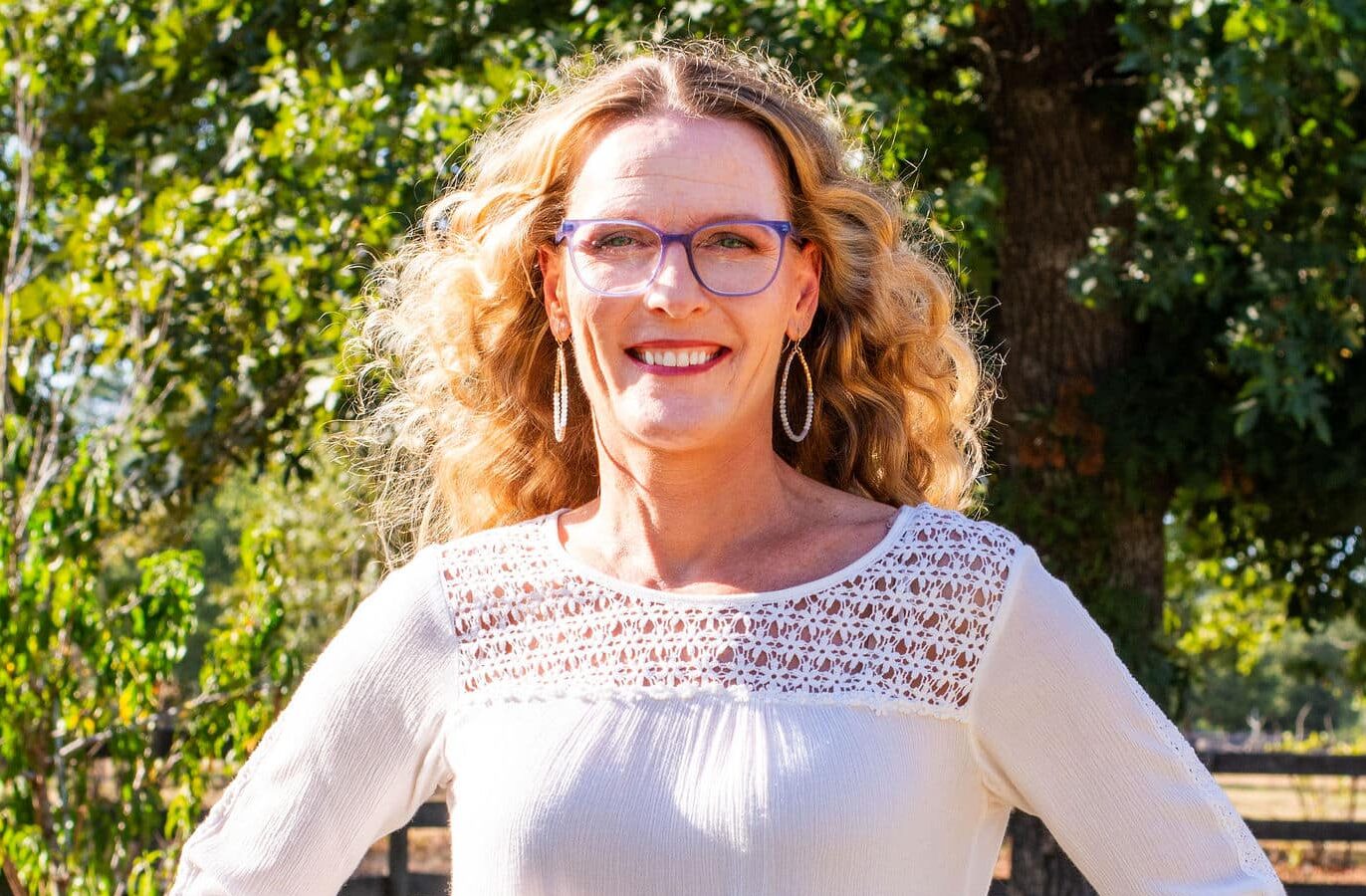
Alumni Spotlight: Angela Balboa
Read Full Article: Alumni Spotlight: Angela Balboa -
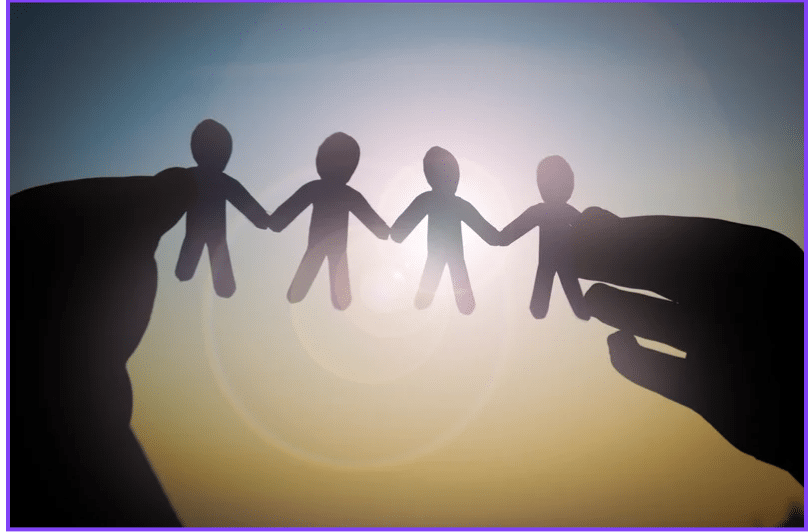
FMCA Community Impact Scholarship Recipients For March 2026 Announced
Read Full Article: FMCA Community Impact Scholarship Recipients For March 2026 Announced

